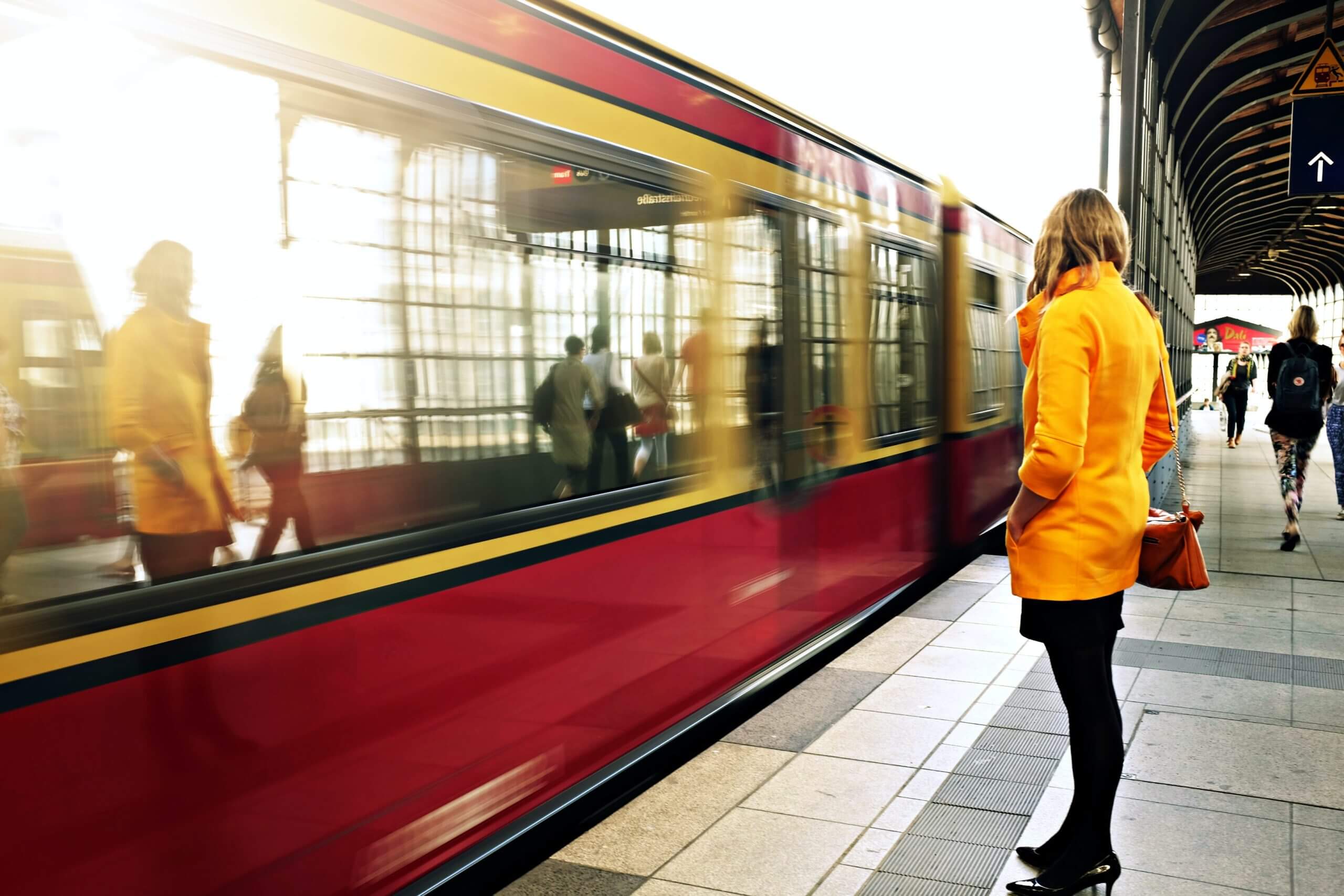
Becca Stacey, Senior Research Officer, Money and Mental Health Policy Institute
How to stop people with mental health problems being priced out of public transport
4 August 2022
No one with a mental health problem should be missing medical appointments or unable to see their support network because they can’t afford to get there. But for too many people with mental health problems this is a reality. On average, people with mental health problems have lower incomes and our recent research revealed that public transport costs can be prohibitive – forming a real barrier to good mental and financial health.
Our research also showed how people with mental health problems’ access to affordable, regular and reliable public transport varies significantly across the UK. If this regional inequality is not addressed, people with mental health problems will continue to experience worse financial outcomes in certain parts of the country.
The scale of the problem
Among our Research Community – a network of over 4,000 people with lived experience of a mental health problem – the most common factor about where they live that had a negative impact on their finances, was the cost of fuel and transport. Only two in five (42%) agreed that their area has regular and affordable public transport, and there was a stark disparity between people in rural areas, where only 21% agreed, compared to 51% of those in urban areas.
The knock-on effect of this can be detrimental to both people’s mental and financial health, and as our research has shown, this is particularly acute in the context of the cost of living crisis. One in five (19%) people we surveyed had missed an appointment related to their mental health care and some explained how they simply couldn’t afford to travel for treatment, whether for their mental or physical health.
“The cost of transport (£6 minimum) has to be factored into every decision…It’s hard to feel like I am ‘worth’ this, and to justify the expense from my very limited budget. A £10 bag of fresh produce becomes a £16 bag. Putting in a prescription request for mental health meds, & going back days later to collect it, is 2 x £6, 13 times a year. Mental health issues means it’s not always possible to ‘combine’ trips – if I’m anxious about seeing the doctor, I don’t want to walk around the supermarket afterwards as I will either forget half of it or overspend.” Expert by experience
The limits of concessionary travel schemes
England, Scotland, Wales and Northern Ireland each have their own concessionary travel schemes, which provide free and subsidised travel on certain public transport services to those who are eligible. Eligibility criteria for these schemes vary, with some requiring a person to be in receipt of a qualifying benefit, such as the higher rate mobility component of Personal Independence Payment. But crucially – apart from in Scotland – they are all similar in a fundamental way. None of these schemes cover people with mental health problems. And even in Scotland, the threshold for cover is relatively high. To be eligible, a person needs to have a condition that is recognised under the ‘Mental Health (Care and Treatment) (Scotland) Act 2003’ which has lasted for more than a year, and a need to travel to health or social care appointments but an impaired ability to get there.
While local authorities have the discretion to offer concessionary travel schemes in addition to national ones, the groups of people who English councils and Integrated Transport Authorities outside of London can provide this to do not include those with mental health problems. As one Research Community member put it, the thresholds to access concessionary travel schemes is limiting the scope of people who can access them, particularly among those with mental health problems.
“Currently, the mental health points criteria for free bus travel is very high, compared to the physical eligibility requirements.” Expert by experience
What needs to change
People with mental health problems shouldn’t be financially excluded from using public transport, and left unable to access employment, treatment and other key services as a result. That’s why we believe that the categories of disabled people who are entitled to both national concessionary travel schemes and local authority discretionary schemes should be broadened, to enable more people with mental health problems to access this valuable source of support. This should come alongside efforts to level up the provision and regularity of public transport across the UK.
There are actions that local actors like mayors can take to make public transport more affordable for everyone too, which would have a particularly positive impact on people with mental health problems. For example, they should consider capping all bus fares, just as Tracy Brabin, the Mayor of West Yorkshire, has done for her local area.
These actions are vitally important to ensure that people with mental health problems are not priced out of using public transport – and everyone is able to access the things that keep us mentally and financially healthy.
Find out more about how local and national decision-makers can better support people with mental health problems in their areas in our report, No one left behind.
